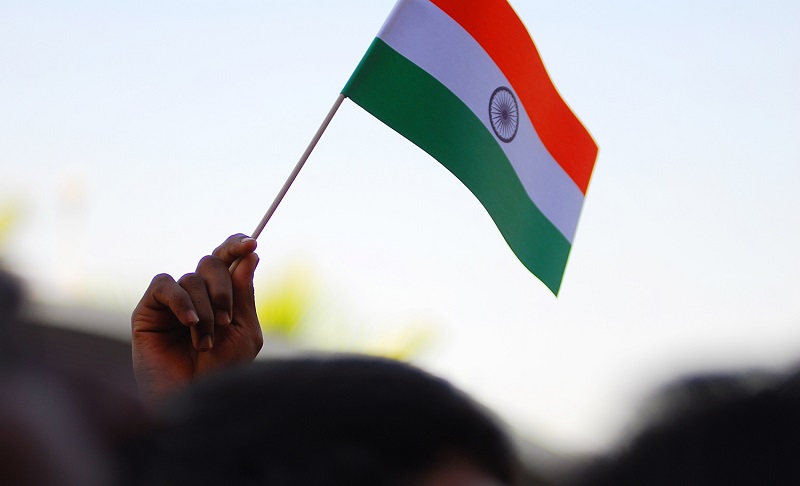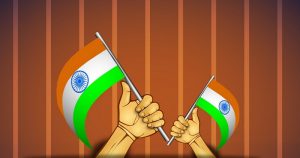
Why India Choose 26th January As Our Republic Day?
Click Here To Send Republic Day Greeting To All Your Friends And Family With Just One Click
We all know that India won Independence on 15th August, 1947 and the constitution of India became effective on 26th January in 1950. But, not many of us know that this day, 26th January was celebrated as our Independence Day before we got the freedom from British. So why it is later changed to Republic day and what made India wait until 26th January, 1950, to declare India are a republic? As we are getting closer to the 67th Republic Day, here we are to get clear your doubts:
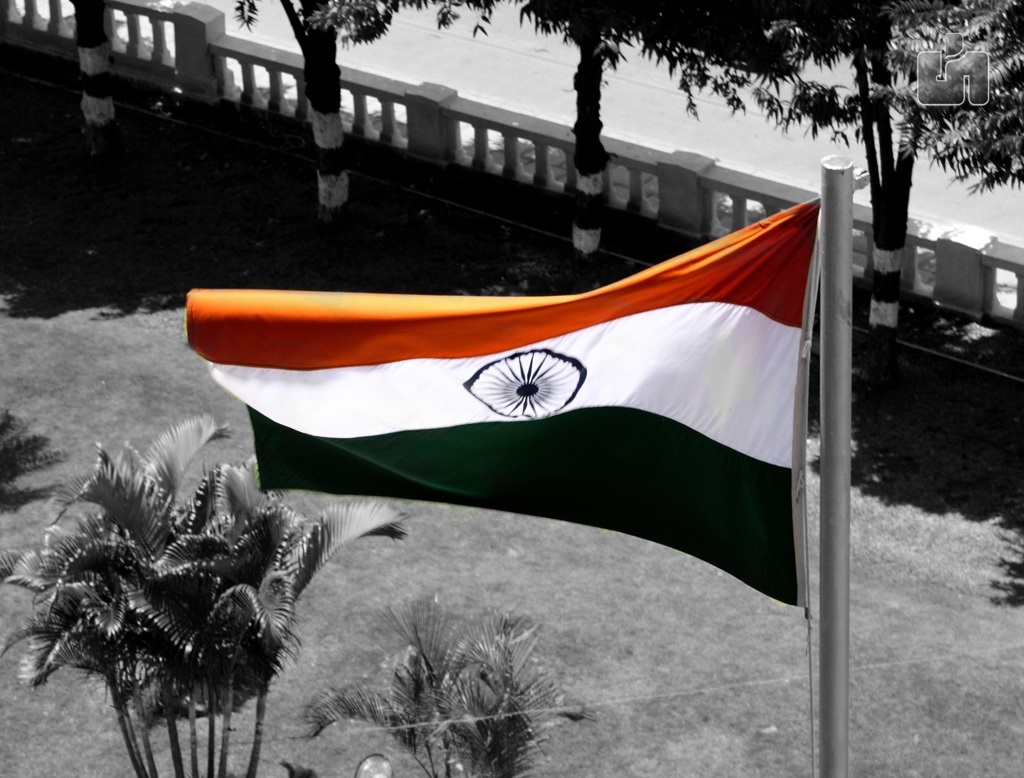
As surprising as it might sound, there was a time when the main aim of our leaders WAS NOT complete independence from the British. Our leaders were in favour of Dominion Status, where the Monarch of the United Kingdom would still be the constitutional head of India.
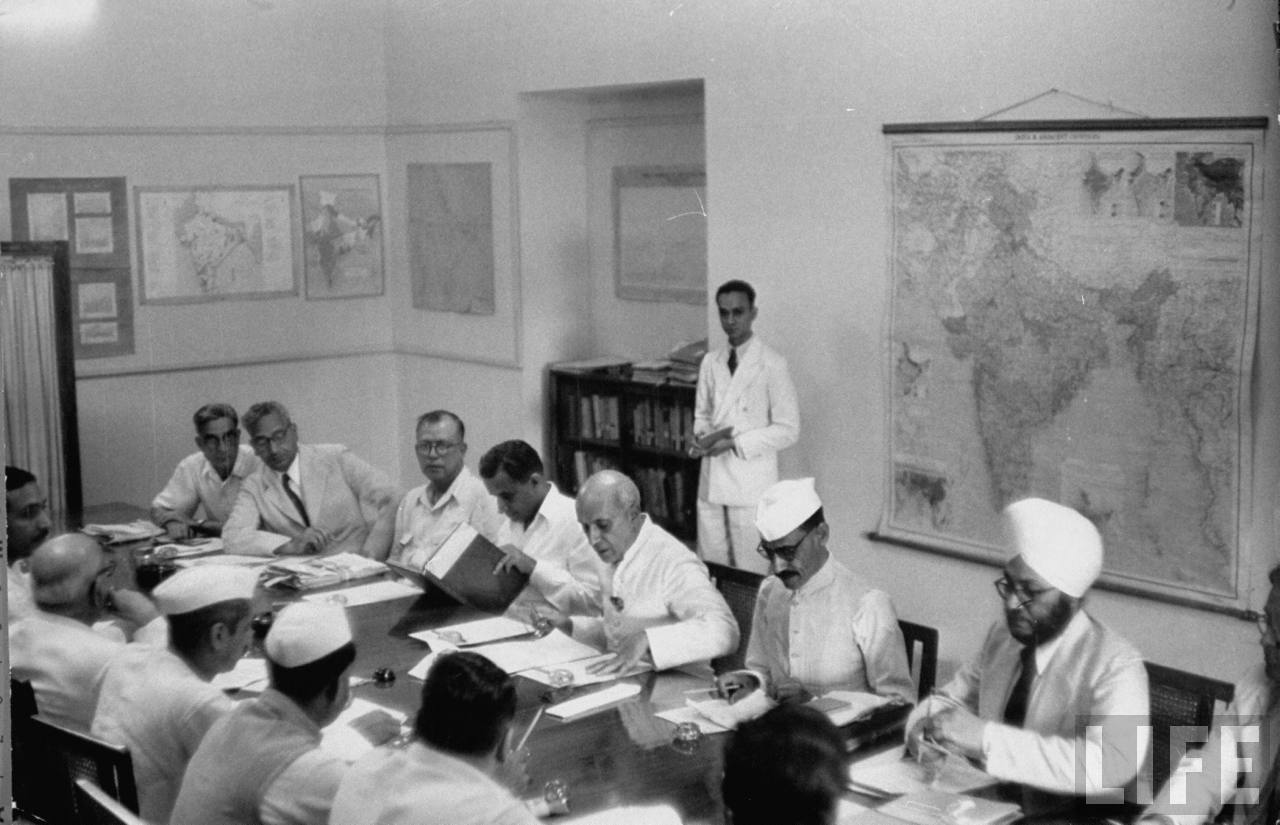
In 1919, the British Government passed the Rowlatt Bills, granting some constitutional reforms and provision for review the Act after 10 years. But Indian nationalists were not satisfied with the few constitutional reforms provided by the 1919 Act. In addition to that in 1927 the Conservative Government of Britain, faced with the prospect of electoral defeat at the hands of the Labour Party suddenly decided that it could not leave an issue which concerned the future of the British Empire in the hands of an inexperienced Labour Government. Thus the British Government appointed the Indian Statutory Commission, popularly known as Simon Commission after its chairman to look into the 1919 Act for further reforms.
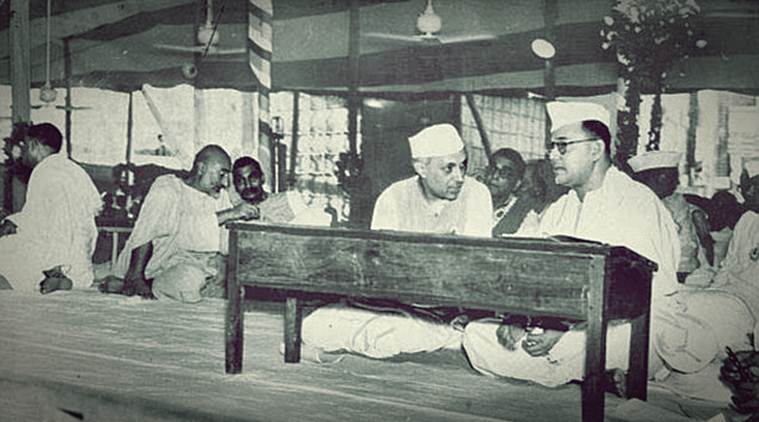
The Simon commission which was appointed to decide the political future of India had no Indian member in it. This enraged the Indians and they called for a boycott of the Commission.
In the December of 1928, the Indian National Congress passed a resolution demanding Dominion Status, and gave the British government one year’s time. The British rejected the idea, saying that India was not ready for home rule or dominion status. This angered the Congress.
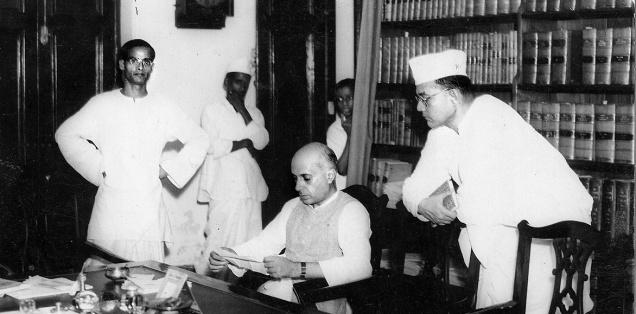
During Indian National Congress session of December 1929, held in Lahore, a young Jawahar Lal Nehru was elected as President and the Congress finally voted for Purna Swaraj (complete independence) as opposed to a dominion status for India. On the banks of the river Ravi, at midnight on 31 December 1929, the tricolour flag of Indian independence was unfurled amidst cheer and jubilation.
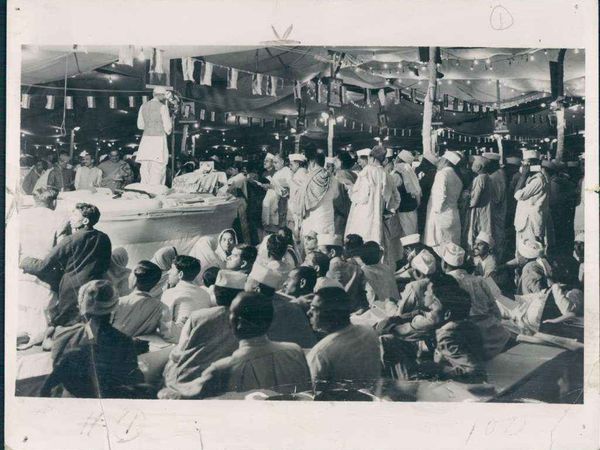
A resolution was passed, fixing the last Sunday of January, 1930, to be celebrated as our Independence Day, which incidentally fell on the 26th. It was decided there that January 26 would from then on be marked by all freedom fighters as ‘Purna Swaraj Day’, a call for complete self-rule.
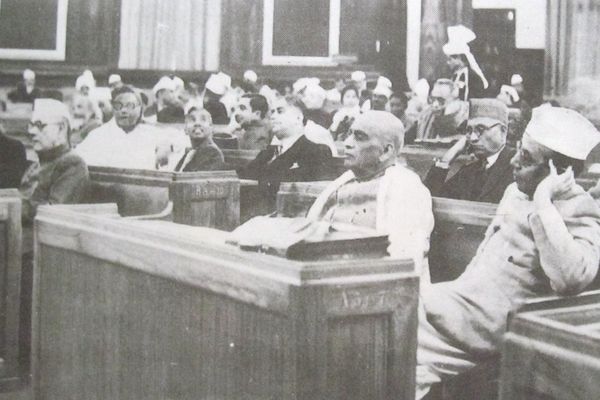
But the Britsh were still around until the fateful day of 15th August in 1947, when India awoke to proper freedom. A constituent assembly was already formed in 1946, and a drafting committee was given the responsibility of coming up with a Constitution. It did that job admirably by the middle of 1949, and the assembly approved a new constitution on November 25. It was signed by all members on January 24, 1950 and came into effect two days later, as Rajendra Prasad took office as President of the new ‘Republic of India’. Almost by design, it appeared, January 26 had returned to the national consciousness, always to be celebrated as Republic Day.
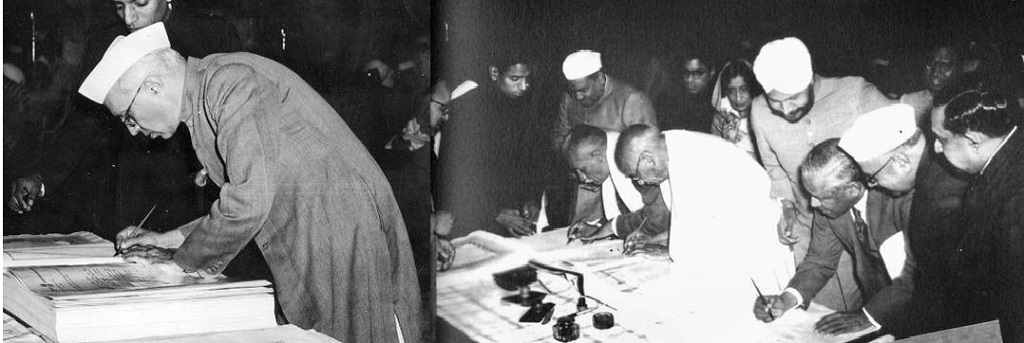
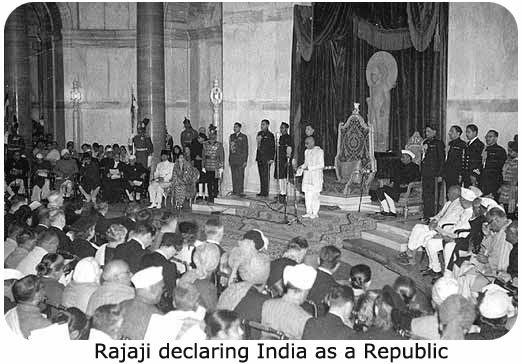
And that’s how 26th January came to be known as the Republic Day of India.
